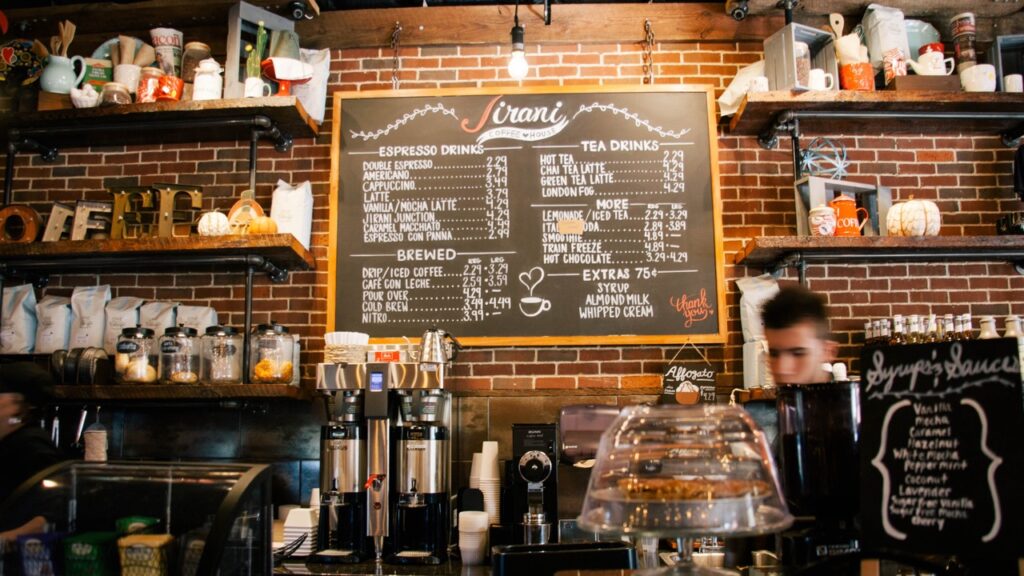Exciting news: Brizo FoodMetrics has been acquired by Datassential! Learn more.

The foodservice industry relies heavily on data and analytics to determine which locations to expand and what local trends are popular within a region. C-store consumer brand tracking is an effective way for franchisees to gain insights into the local food market. It provides a vast array of data and analytical tools to identify trends, target customers, and get an advantage over the competition.
Brand tracking can help franchisees bring their businesses to the next level, but it’s not without its flaws. Learning more about the pros and cons of c-store consumer brand tracking can help franchisors make an informed decision about whether it’s a valuable tool for their business.
What Is C-Store Consumer Brand Tracking?
C-store consumer brand tracking is a type of software that collects and analyzes data from c-stores—convenience stores like 7-Eleven and Circle K, gas station mini-marts, and kiosks. It provides insights on a variety of topics, such as customer habits, product performance, and regional trends.
C-store consumer brand tracking typically involves a combination of software and hardware, such as computer-scanners, sensors, and barcode readers. It also includes analytics platforms which provide statistical reporting. This assists franchisors in understanding consumer trends, product performance, and market segmentation.
Pros of C-Store Consumer Brand Tracking
One of the main advantages of using c-store consumer brand tracking is that it can give franchisors a clearer insight into their customer base. By tracking their customers’ purchase patterns, franchisors can target certain customers or products to increase sales.
Using c-store tracking also offers franchisors access to market trends and insights to help them make important decisions. This data can be used to make informed marketing decisions, such as where and when to advertise, as well as which products to stock in each store.
C-store tracking can also be used to gain a competitive edge. By understanding the competition’s strategies, franchisors can adjust their own strategy to gain an advantage.
Cons of C-Store Consumer Brand Tracking
The main disadvantage of c-store consumer brand tracking is the cost. The hardware, software, and analytics platforms required to run a successful tracking program can be expensive.
Another downside of c-store tracking is data accuracy. The data collected can vary from store to store and may not always be completely accurate. Also, tracking customer behavior can be challenging, as customers often change their habits.
Finally, c-store tracking requires franchisors to manage and analyze large amounts of data, which can be a time-consuming task.
The core message
C-store consumer brand tracking is a powerful tool for franchisors looking to gain an edge in the foodservice industry. By providing insights into customer habits, market trends, and product performance, it can help franchisors make informed decisions about their business. However, c-store tracking is not without its cons, including cost and data accuracy. Ultimately, whether c-store tracking is the right choice for a franchisor will depend on their business needs and goals.